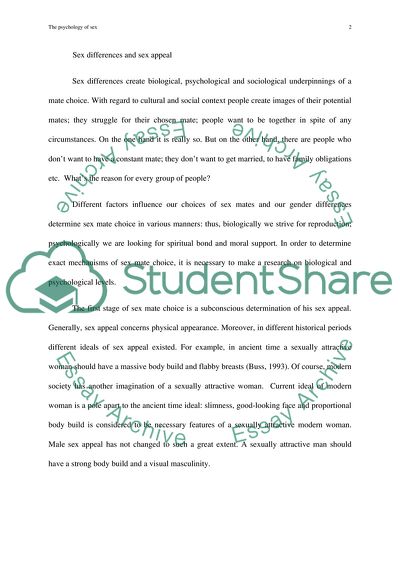Cite this document
(The Psychology of Sex Research Paper Example | Topics and Well Written Essays - 2500 words, n.d.)
The Psychology of Sex Research Paper Example | Topics and Well Written Essays - 2500 words. Retrieved from https://studentshare.org/psychology/1739420-the-psychology-of-sex
The Psychology of Sex Research Paper Example | Topics and Well Written Essays - 2500 words. Retrieved from https://studentshare.org/psychology/1739420-the-psychology-of-sex
(The Psychology of Sex Research Paper Example | Topics and Well Written Essays - 2500 Words)
The Psychology of Sex Research Paper Example | Topics and Well Written Essays - 2500 Words. https://studentshare.org/psychology/1739420-the-psychology-of-sex.
The Psychology of Sex Research Paper Example | Topics and Well Written Essays - 2500 Words. https://studentshare.org/psychology/1739420-the-psychology-of-sex.
“The Psychology of Sex Research Paper Example | Topics and Well Written Essays - 2500 Words”, n.d. https://studentshare.org/psychology/1739420-the-psychology-of-sex.


